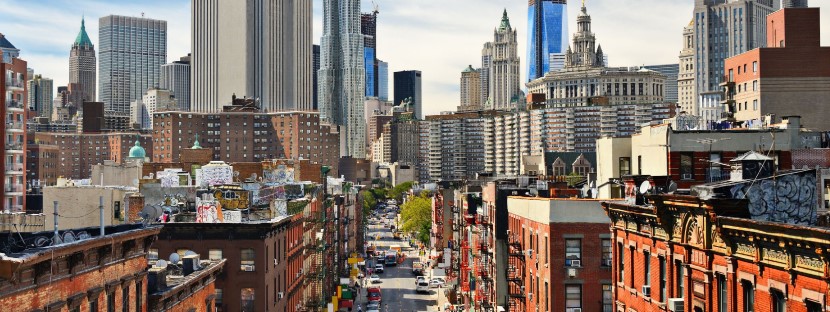
In New York City, tenants who reside in a privately owned building of four or more units have a legal right to sublet their apartment for 30 days or more, even if their lease wrongly prohibits the practice. Landlords, who must approve requests for sublet, have gone along with the practice, but now that housing is scarce and rents are high, they are not as happy to grant tenants’ requests and illegal sublets are common.
Residents of rent-controlled buildings, co-ops and condos, or public housing are forbidden to sublet, while those in nonprofit buildings or who have rent subsidies may not be able to do it. Even those in stabilized buildings can usually arrange a sublet by following procedures set down by the Metropolitan Council on Housing.
To be granted permission to sublet, tenants must provide their landlords with information about the proposed subtenant, request a sublet for no more than two years, and give a reason for the request. Reasons that the landlord is the likely to grant a sublet include leaving for a temporary job assignment, attending school, serving in the military, or caring for a sick relative. The tenant cannot charge more than the current rent unless the place is furnished, in which case there can be a 10% surcharge. The landlord can also collect a surcharge.
Illegal Sublets in NYC Under Attack
These avenues for legal subletting please neither landlords nor tenants. Tenants who want or need to sublet for tenures of less than 30 days or for longer than two years may find subletters lining up to lease their property, while landlords know that they can rent to new tenants for at least 20% more. This situation encourages cash-strapped tenants to engage in illegal sublets, while encouraging landlords to turn down the requests for legally sanctioned sublets.
Some apartment dwellers find themselves in the curious position of having leases that permit them to have guests for up to 30 days (which opens the door to an Airbnb rental, even though that person is not a guest) while current laws forbid this type of short term rental.
Since 2010, it has been illegal to rent out space to someone unless they are a family member, but a provision in The New York State Multiple Dwelling Law, Chapter 713 of the Laws of 192, quoted in a Quora post by a commercial real estate professional, provides a loophole that may make subletting a room in an apartment or a private home legal. The term “family” has a broad definition that may include someone to whom the tenant has rented out a room, presumably for a term longer than 30 days. The apartment must still be the tenant’s primary residence and the landlord must have approved the roommate or boarder.
In NYC, it is common practice that someone who has outgrown an affordable apartment and lives elsewhere may keep it to rent out even though this practice skirts the law. There are even guides to subletting in NYC from a tenant’s perspective, such as this one from NakedApartments.
New York City is Airbnb’s largest market, where it offers over 46,000 units to those seeking an affordable alternative to high hotel rates; according a New York Post article from 2014, 2/3 of all Airbnb listings were illegal. Legislation passed last year prohibits advertising homes on sites like Airbnb, which attempted to settle with the city, but talks broke down. In 2017, the city started to level fines on Airbnb hosts, particularly those who rent out more than one or two units beside their own.
Monitoring companies help landlords identify illegal subletters. With 24/7 site monitoring, the service notifies property owners and managers of illegal activity which can lead to not only removal of the listing, but also in fines to violators.
